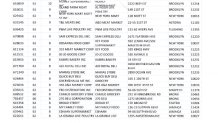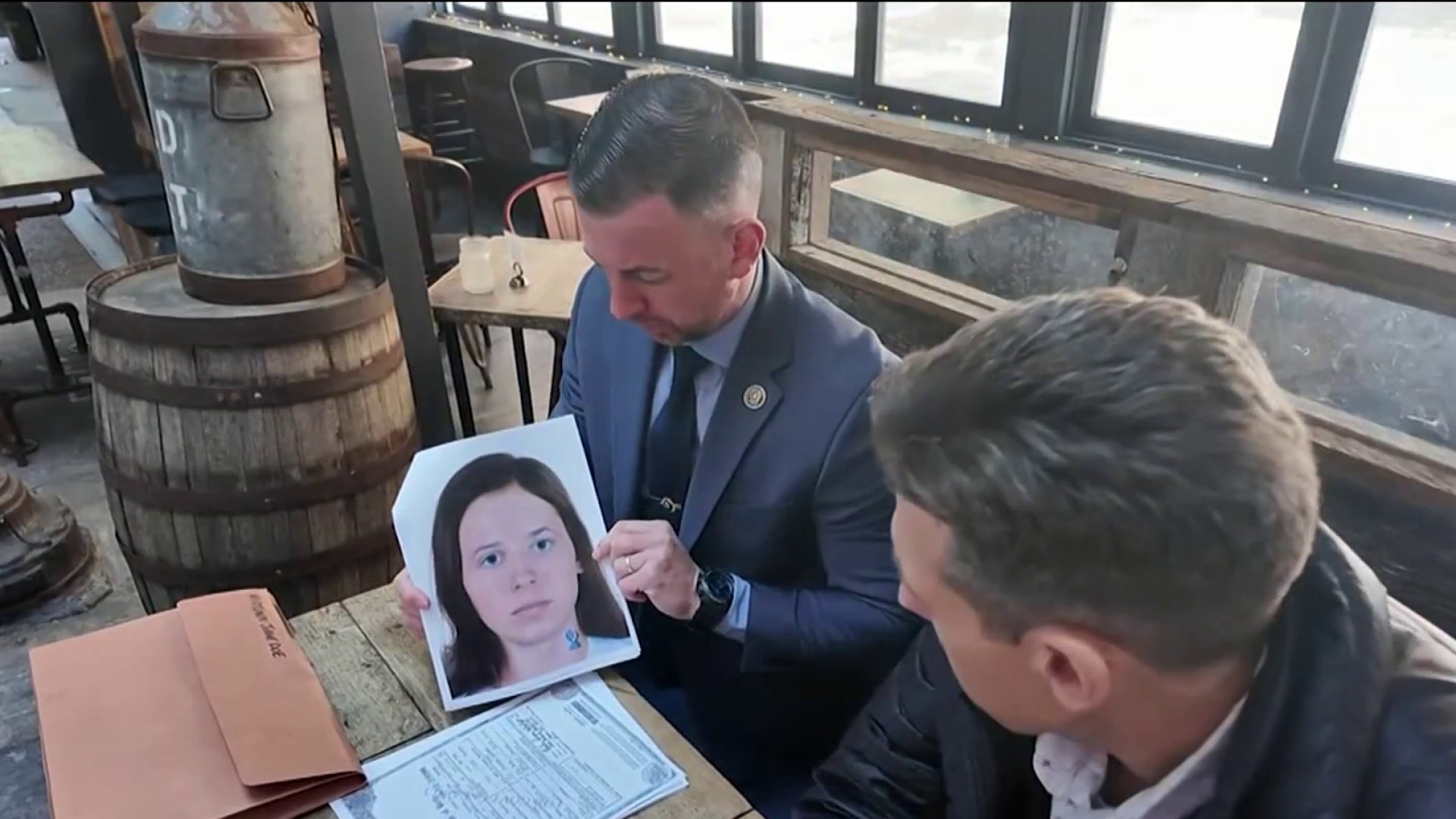Of nearly 28,000 supermarkets inspected by the Department of Agriculture & Markets statewide, about 1,000 delis and markets had deficiencies that were classified as critical at their last inspection. Critical violations include unfit food, including food infested by insects or defiled by rodents.
You can find a map a showing which local markets got critical violations during their last inspection below. If you don't find your local deli, it means it passed its last inspection. Scroll down for a list of the establishments evaluated.
Two Key Food stores are among the worst 20 offenders in the city since 2011 with eight violations each; one of the markets is on Lenox Avenue in Harlem, the other on Kings Highway in Brooklyn. Owners of those stores, both of which passed their most recent inspections, did not return calls.
An NBC 4 New York investigation found that inspectors have issued more than 2,300 violations for evidence of insects, rodents, or domestic animals, and 1,300 violations for workers displaying poor hygiene over the last 18 months. Though those cases aren't considered critical violations, they're enough to give some patrons pause.

Sean Perkins stopped by his favorite Washington Heights market the other day at lunchtime and got some unfortunate news along with his sandwich.
Perkins learned that the market he frequents, Presbyterian Deli II, has the dubious distinction of having the most failed food safety inspections of any market in New York City since 2011.
“Rat droppings. Ewwww,” said Perkins, reading one recent report. “I’m about to cancel my sandwich. That’s what I’m about to do.”
Local
Presbyterian Deli II failed 12 food safety inspections by the state Department of Agriculture and Markets since 2011. Its violations included mouse droppings under the deli service display, old, dried pieces of meat on the cold cut slicer and live cockroaches throughout the store.
The store owner did not respond to NBC 4 New York's requests for comment. But a cashier there said workers had made an effort to clean up after their last failed inspection. The store passed its latest inspection May 22.
“These are really basic kinds of food safety procedures that supermarkets need to follow to be sure that their fresh foods aren’t being contaminated with pathogenic bacteria,” said New York University Food Studies Professor Marion Nestle.”
Nestle wrote the book on smart supermarket shopping. "In What to Eat," she explained how shoppers can protect themselves against unsafe food conditions at supermarkets. She said buyers should be concerned about the violations uncovered in the NBC 4 New York investigation.
“I think all of these are signs of not being focused enough on making sure that something that’s preventable is actually prevented,” she said.
A spokesman for the Department of Agriculture declined to be interviewed. But he explained that it usually takes four consecutive failed inspections for his agency to pull a market’s license to sell food.
Last year, the department revoked 11 markets’ licenses, and issued four injunctions or temporary restraining orders, effectively shutting down a store’s food service.
Experts say there are plenty of common sense ways you can check out your local market yourself:
- Look at the market’s latest inspection, which should be visible at the front of the store.
- Look around. Does it look clean? Is there dust on the shelves? Does the produce look fresh?
- Check the prepared foods. Are they refrigerated? Are they covered?
- Give refrigerated and frozen foods the feel test. Do they feel as cold as they should?



